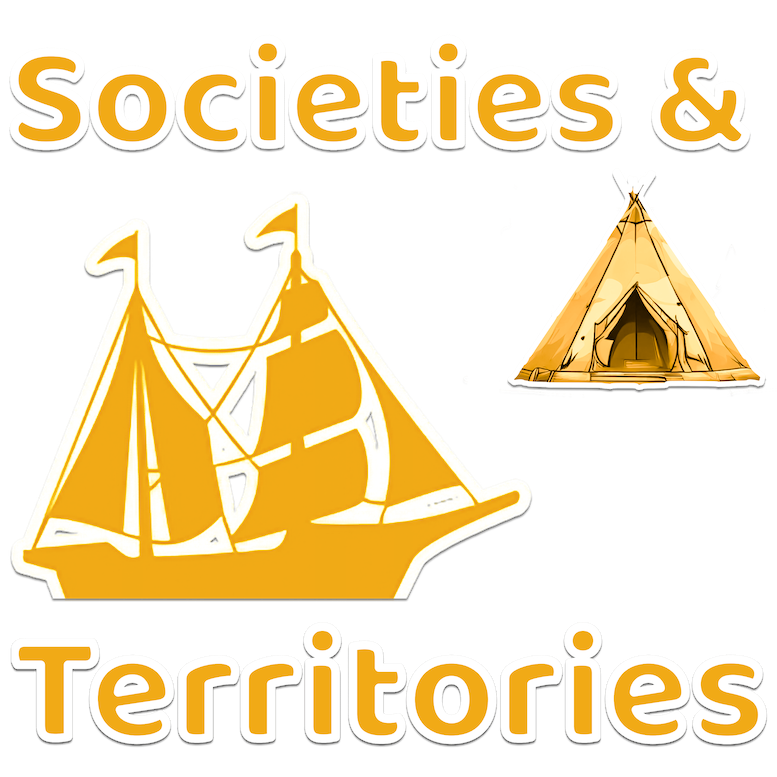Bartering was very important for Indigenous people, particularly for the Algonquians, because it allowed them to obtain products they could not make themselves. The Algonquian people, who hunted and fished, exchanged skins, fur and meat with other nations who did not have any. In exchange, they received, especially from the Iroquoians, agricultural products such as corn, squash, beans and tobacco. For example, the Anishinabeg or Algonquin Nation (which belongs to the Algonquian language familyA language family is a group of languages related through descent from a common ancestral language…) sometimes traded the dried fish it prepared from fishing in exchange for corn grown by the Huron [Wendat] nation (which belongs to the Iroquoian language familyA language family is a group of languages related through descent from a common ancestral language…).
Fairs !
Since the Algonquians travelled a lot, they did not see other bands very often. So they organized gatherings where they went to meet with members of other nations and bands for a few days to exchange goods; in other words, to Barter – Troc.
AuthorAuthor – A person who writes something Auteur – Une personne qui écrit quelque chose: Alexandre Lanoix. Adaptations and translations by LEARN/RÉCIT.
Important concepts and big ideas:
Adapt to the environmentWhen someone or something changes in order to be more successful in a particular environment, we…
BarterBarter means to trade services or things for other services or things, but without using money!
ResourcesResources are anything taken from the earth or nature that people need, use, and are “valued”….
SubsistenceSubsistence means the minimal resources that are necessary for survival. A subsistence economy relies on hunting…
Trade networkA trade network is a system of roads, railroads, rivers, airports or anything that is used…


